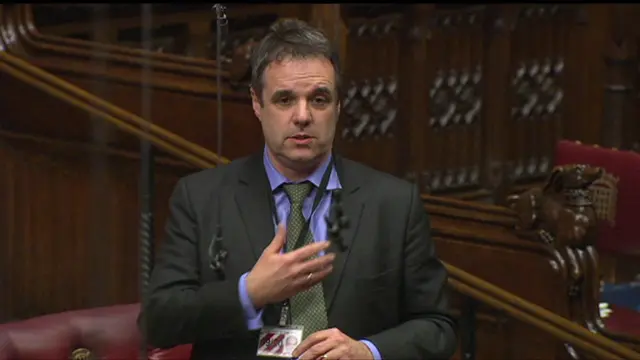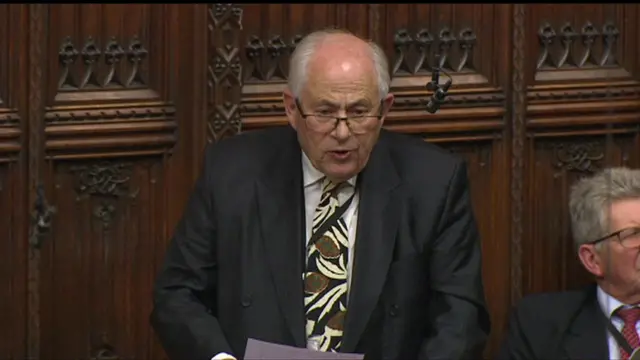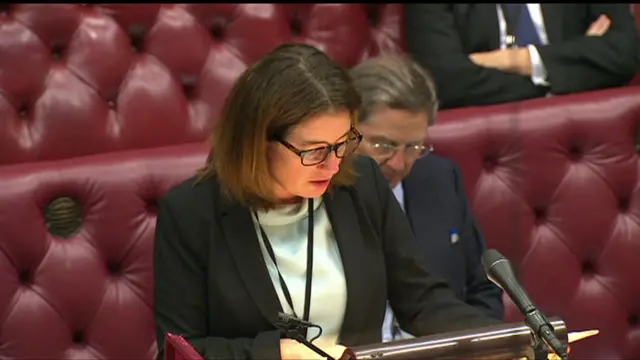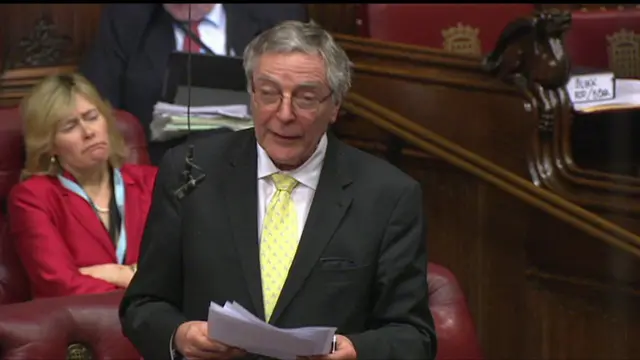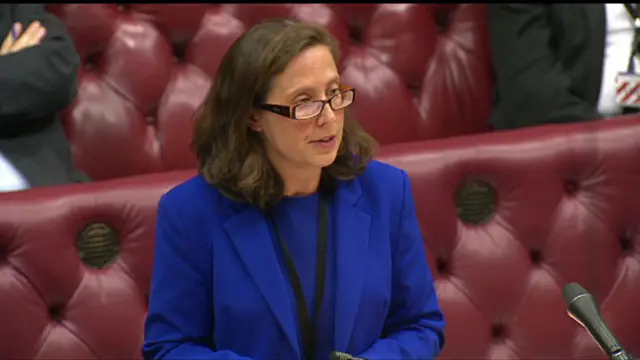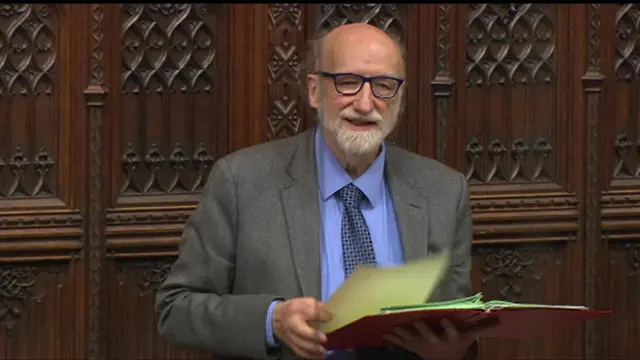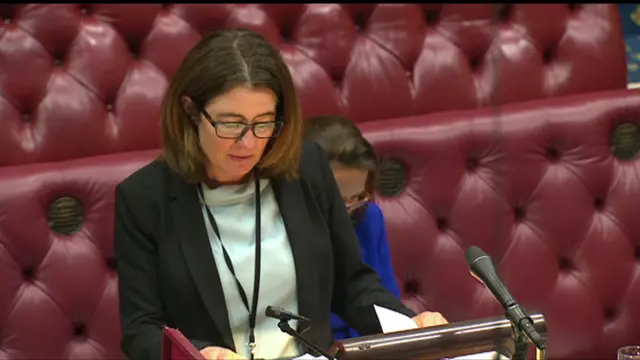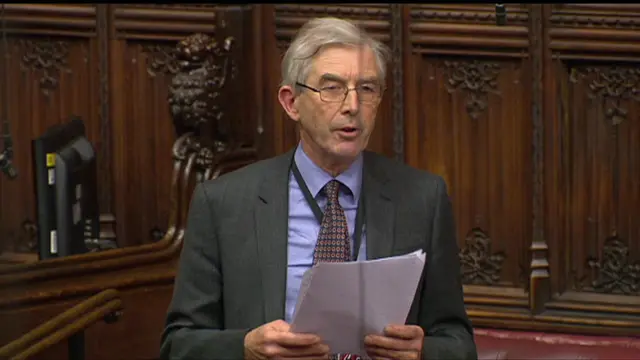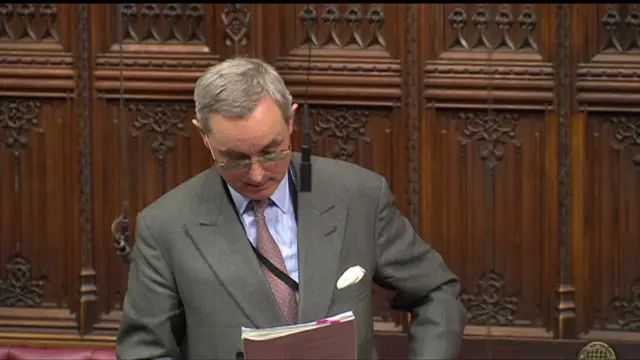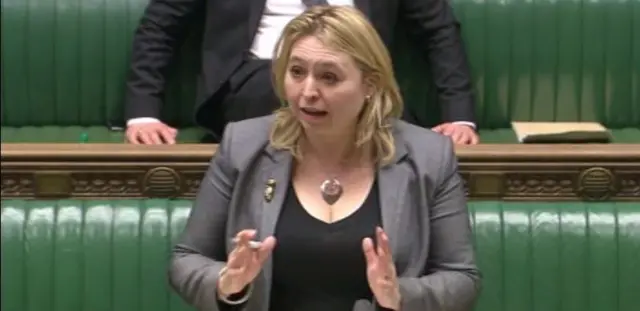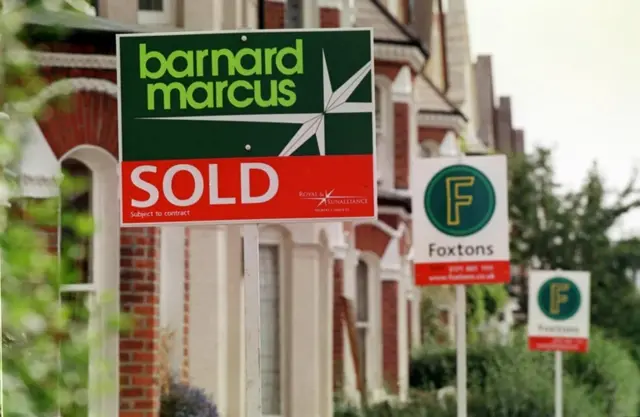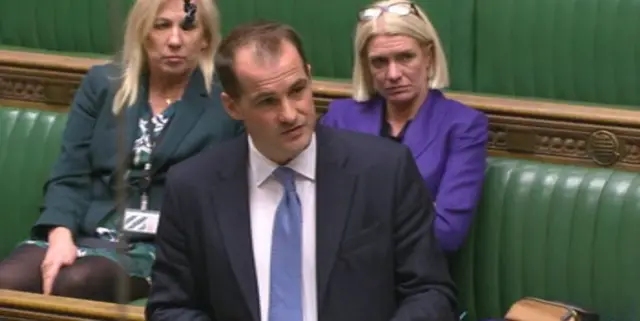Lords coveragepublished at 00:03 GMT 23 March 2016
 House of Lords
House of Lords
Parliament
Peers are continuing to discuss the Housing and Planning Bill at committee stage, but we’re going to leave our live coverage for tonight.
You can continue to watch the House of Lords on by clicking on the tab above, where coverage continues. You’ll also be able to catch up with coverage of the House of Lords on the BBC Parliament iPlayer, and you can follow on Parliament’s own online service, external
Thanks for reading – and please join us for more from the Commons and Lords tomorrow.
